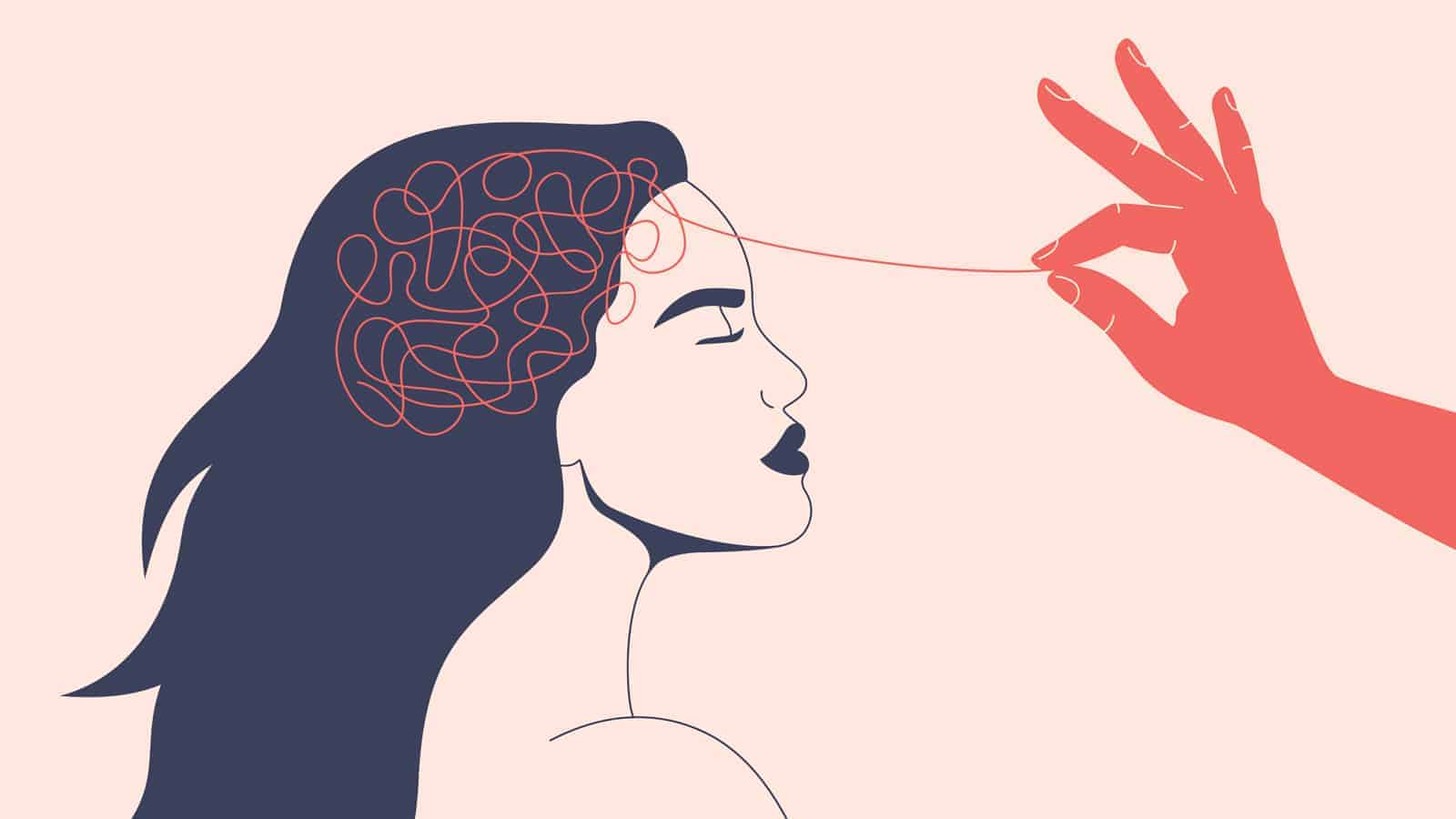A new study reveals that positive thinking may help reduce memory loss as people age. It seems the people who look at life through rose-colored glasses may have the right idea after all. This study adds to mounting research about the role of a good attitude, or ‘positive effect,’ in healthy aging.
The study, published on October 22, 2020, in the journal Psychological Science, found that people with an optimistic attitude have better memory as they age. Most people want to retain good memories in life, but the ability to do so largely depends on emotional and physical health. While many factors come into play in regards to the strength of our memory, it turns out being cheerful can reduce memory loss.
The study
For the study, a team of researchers analyzed data from a 9-year longitudinal study involving 991 middle-aged and older U.S. adults. They all participated in a national study conducted at three separate times: between 1995 and 1996, 2004 and 2006, and 2013 and 2014. In the questionnaires, the participants reported on various positive emotions they’d experienced in the past 30 days.In the last two assessments, the researchers also gave the participants tests to observe the strength of their memory. For these assessments, participants had to recall words right after they’d been said to them, and again after 15 minutes passed. The researchers analyzed how positive thinking could reduce memory loss, taking age, gender, education, depression, negative outlooks, and extroversion into account.
“Our findings showed that memory declined with age,” said Claudia Haase, senior author of the paper and an associate professor at Northwestern University.
“However, individuals with higher levels of positive affect had a less steep memory decline over the course of almost a decade,” added Emily Hittner, the paper’s lead author and a Ph.D. graduate of Northwestern University.
In the future, they hope to do further studies on what life factors may improve positive affect, and therefore reduce memory loss. For example, better physical health and stronger relationships may play a role in one’s overall happiness.
Other ways to reduce memory loss
In addition to thinking positively, other lifestyle factors can help improve your memory:
1 – Get plenty of exercise.
Exercise improves every aspect of health, not just our physical appearance and muscle-to-fat ratio. You will increase your endurance and strength, plus give your brain muscles a run for their money as well. Since the mind and body are inarguably linked, we must take care of them both.Lack of exercise can lead to developing health problems such as obesity. A growing body of evidence links obesity and all the health complications that go along with it to increased memory loss. Furthermore, obesity heightens the risk of developing Alzheimer’s or dementia later in life.
Researchers believe this may occur because obesity negatively affects brain structure and volume. Overweight and obesity cause the hippocampus to shrink, which leads to cognitive decline. Also, the same proteins in the brain that lead to Alzheimer’s have been found in those with severe obesity.
Several studies show how regular exercise may help reduce memory loss. For example, studies have shown that regular aerobic exercise can result in a larger hippocampus. This area of the brain aids in learning and memory; therefore, a larger brain can support a stronger memory.
2 – Prioritize sleep.
Unfortunately, in our “24/7” society, many of us suffer from some level of sleep deprivation. When we run on little sleep, it starts to affect our cognitive function, including memory. Deep, quality sleep helps us consolidate and sort through memories, so without enough REM sleep, our memory suffers. No matter what your schedule looks like, aim for 7-8 hours of sleep each night, and make sure to keep it consistent.
3 – Eat a healthy diet.
What we put into our bodies not only affects our physical health, but our mental performance as well. Eating too many processed, high-calorie foods can lead to a feeling of brain fog, impairing our memory. Experts say that if you want to reduce memory loss, you should include these foods in your diet:
- Fatty fish, such as salmon
- Blueberries
- Turmeric
- Broccoli
- Pumpkin seeds
- Dark chocolate (near 100% cacao, little or no sugar added)
- Nuts such as walnuts
- Oranges
- Green tea
- Coffee
4 – Do brain games and puzzles.
Just like any other muscle in your body, your brain needs regular exercise to perform at its best. Do crossword puzzles or other brain games which require you to jog your memory. Instead of passing your time scrolling through social media or watching Netflix, take a few minutes a day to challenge your brain. Not only will you possibly learn something new, but you will reduce memory loss in the process.
5 – Watch your sugar consumption.
This tip will help both your physical health and your memory. Just like berries and nuts can improve your memory, unhealthy foods like sugar can hinder it. Studies show that people who eat a lot of sugar have difficulty remembering things and have a heightened risk of developing dementia. Even if the person doesn’t have diabetes, eating too much sugar can hinder memory and brain health.
Researchers believe that, once again, the hippocampus starts to malfunction with too much sugar intake. While it requires a certain amount of glucose to function, too much of it can cause the opposite effect.
Final thoughts on research that shows positive thinking can reduce memory loss
Positive thinking enhances many aspects of life, from our relationships to our physical health. Researchers have found that optimism may help reduce memory loss as well, perhaps due to stronger pathways in the brain. While more studies need to be done about the relationship between memory and positive thinking, this shows great promise for future research.
Since thoughts create our reality, it seems vitally important that we pay attention to what goes on inside our heads. Positive thoughts lead to better outcomes in life, so make sure to take care of your mental health.

















 Community
Community

